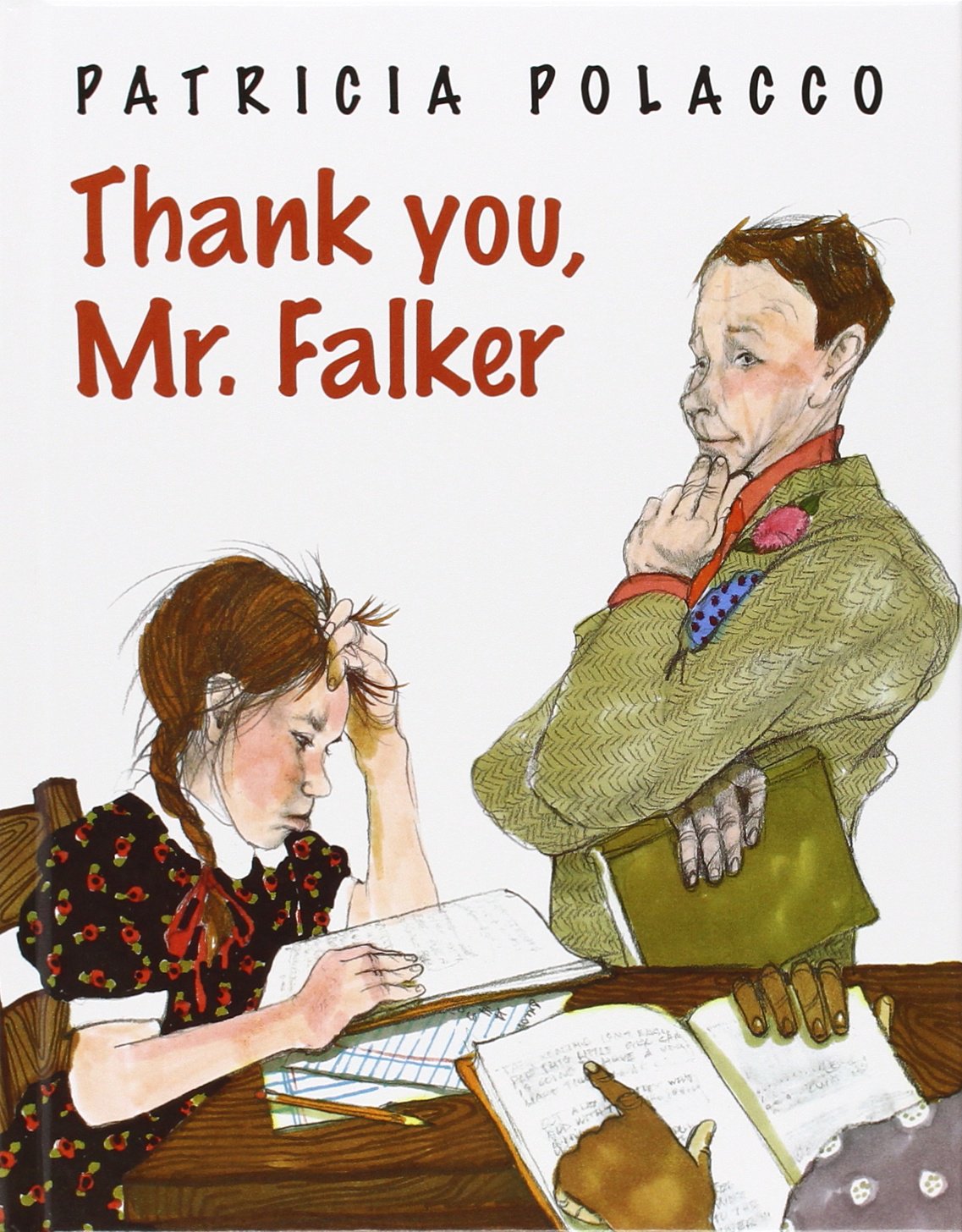A Teacher's Guide to Celebrating Children of All Abilities in Today’s Classrooms
Literature Suggestions that are Inclusive of Special Needs:
Underrepresented Authors:
- My Friend Suhana by Shaila Abdullah and Aanyah Abdullah
- Miss Little’s Gift by Douglas Wood
- Ballerina Dreams by Michaela DePrince
- Sarah’s Sleepover by Bobbie Rodriguez
Bilingual/Perspective out of US:
- Featherless Desplumado by Juan Felipe Herrera and illustrated by Ernesto Cuevas Jr.
-
Six Dots: A Story of Young Louis Braille by Jen Bryant
-
-
Sosu’s Call by Meshack Asare
-
Other (Variety of Fiction, Nonfiction, and Biography/Memoir):
-
Thank you, Mr. Falker by Patricia Polacco
-
-
Piano Starts Here: The Young Art Tatum by Robert Andrew Parker
-

-
Django: World’s Greatest Jazz Guitarist by Bonnie Christensen
-
Specific Tips on How to Support and Celebrate Students of All Abilities in the Classroom:
-
Select literature that authentically normalizes the stories of characters with special needs. Look for stories written by authors with an insider’s perspective. In other words, keep your eye out for authors who have real experience with what they’re writing about! Remember that your selections should show special needs in a positive light, rather than something that holds characters back or discourages them.
-
Educate your students on what it really means to be differently abled in today's culture. It’s important to ask for their input too and include them in the conversation to keep it student-centered.
-
Stay up to date with appropriate language! Encourage people-first language when speaking about people with special needs. It is better to ask first what people prefer to be called rather than misspeak and hurt someone’s feelings.
-
When in doubt, always maintain a welcoming and safe environment for all students! Establish classroom expectations that help work towards this environment. What is expected behavior in your classroom? What is unexpected behavior?
For More Help:
Read the following:
-
"Teaching Students About Learning Disabilities Through Children's Literature":
-
"Exploring Elementary Students' Perceptions of Disabilities Using Children's Literature":
-
"Selecting Intermediate Novels that Feature Characters with Disabilities":
-
"Screening for Intellectual Disability in Children: A Review of the Literature":
By using this site you agree to this Privacy Policy. Learn how to clear cookies here
MatchDay Spain - LaLiga UK Christmas Day Sing Along 2020 Passengers Beware: The Secret to Stress-Free Seat Selection on Air Canada Lee Ji Ah: Nàng ác nữ quyến rũ của màn ảnh Hàn Lee Ji Ah 家正婦 r666 Your how-to-guide to Luxury car rental Bowman Offshore Bank Transfers on Moving Funds Offshore: Navigating through SA’s tax clearance, allowance rules








